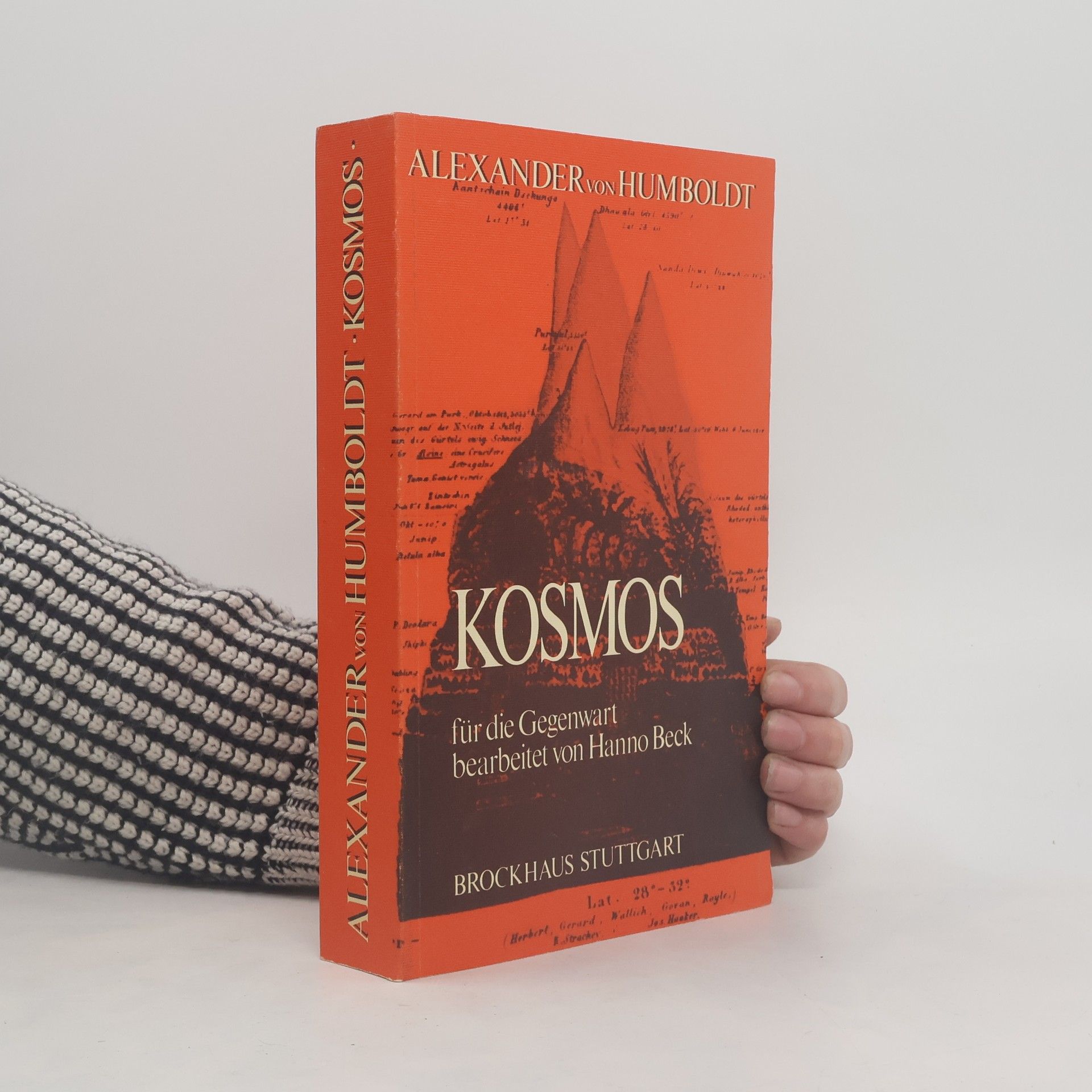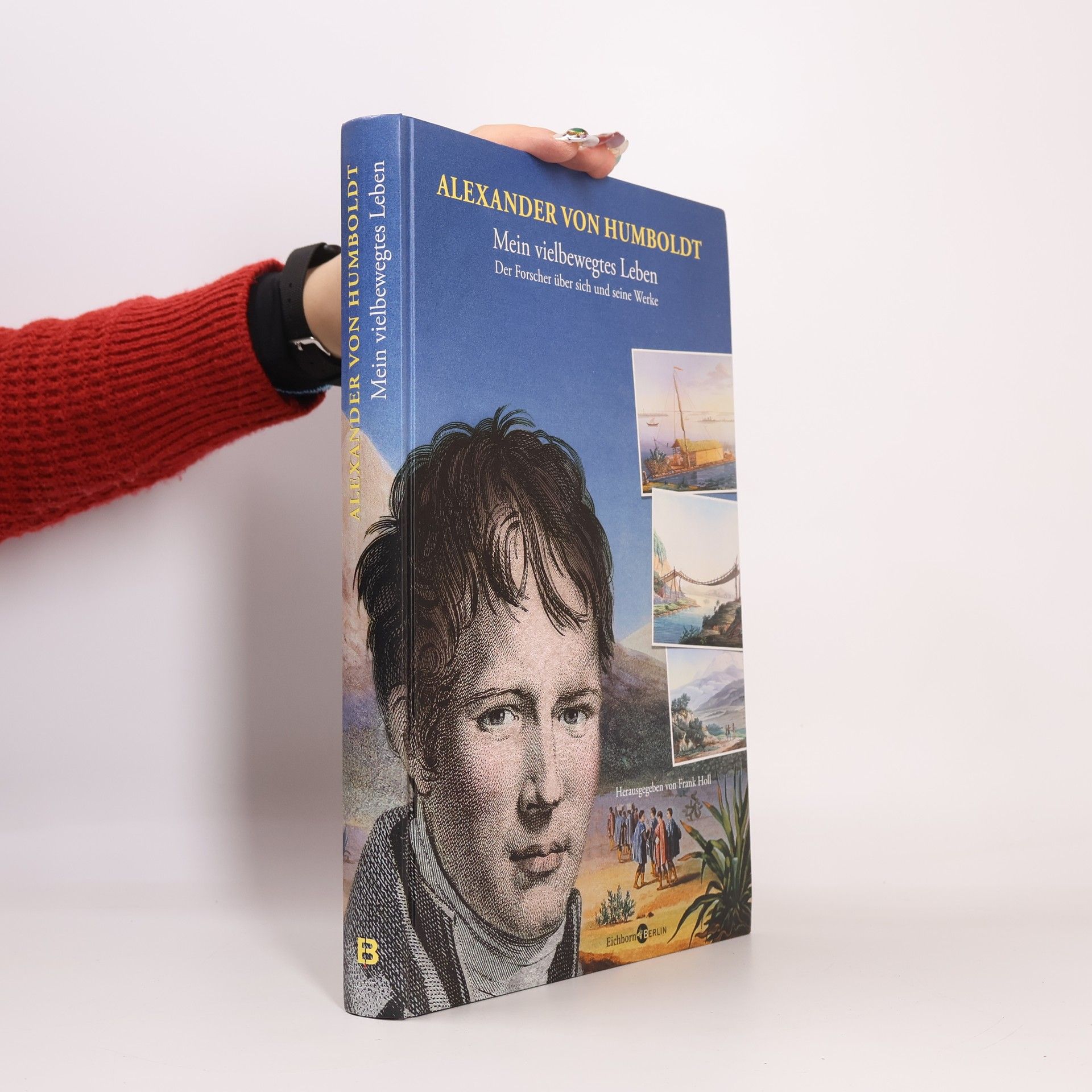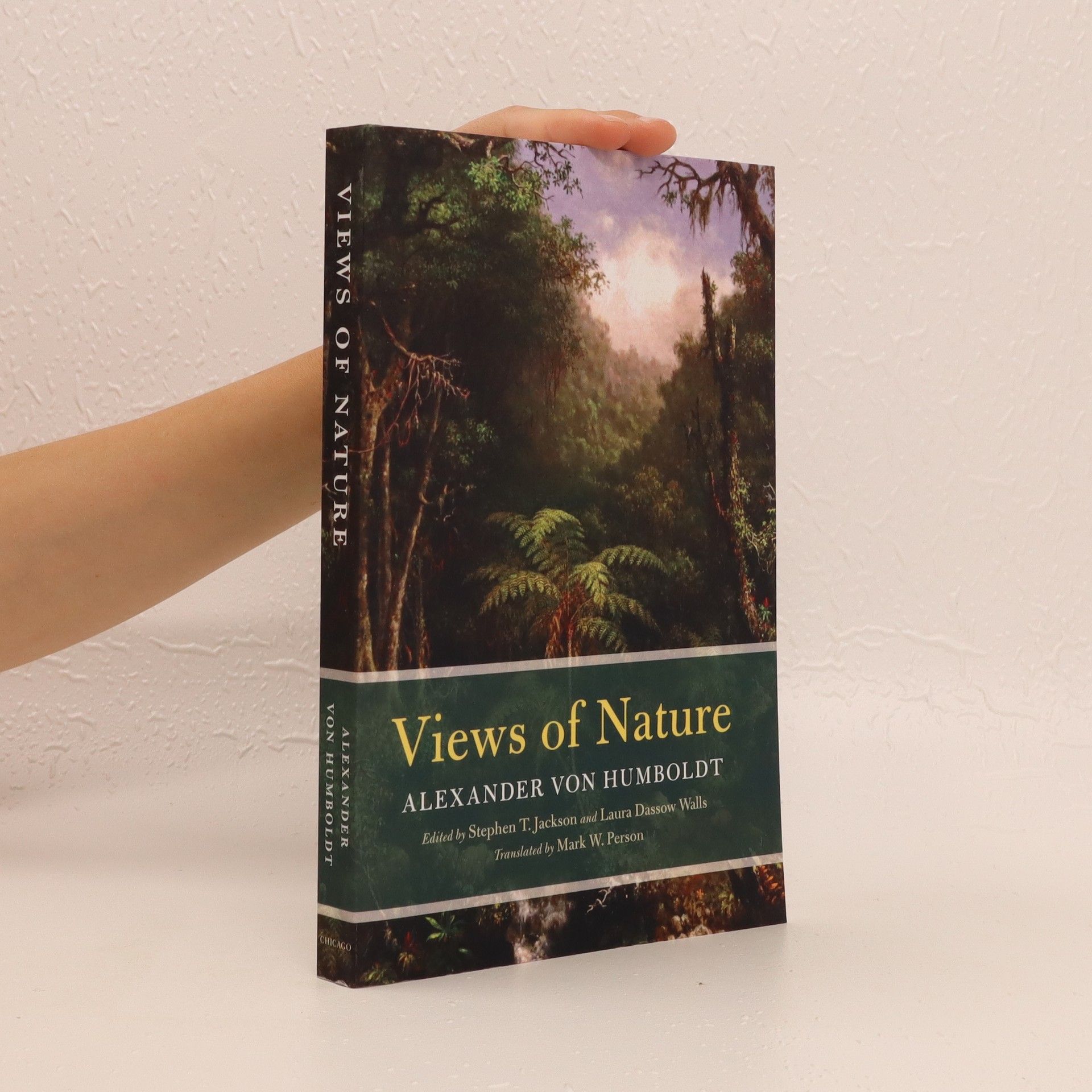Views of nature
- 344bladzijden
- 13 uur lezen
The influence of Alexander von Humboldt (1769–1859) extends beyond natural sciences into broader cultural realms. His 1799–1804 expedition to Central and South America with botanist Aimé Bonpland not only paved the way for significant scientific surveys in the nineteenth century but also provided material for his numerous works, blending scientific rigor with aesthetic beauty. These writings inspired notable figures like Emerson, Goethe, and Thoreau. Humboldt’s most renowned work, Views of Nature, stands out as both a seminal piece of early nature writing and a personal favorite. The essays within are innovative and were cited by Thoreau as a model for his own nature writing. The book's extensive endnotes showcase Humboldt’s eloquent prose and insights into vegetation structure, climate patterns, and their artistic implications. Aimed at both literary and scientific audiences, Views of Nature was widely translated and read across Europe and the Americas in the nineteenth century. However, it has been unavailable in English for over a century, leading to its neglect in the U.S. during the twentieth century. Today, Humboldt’s contributions to the humanities and sciences are experiencing a revival, making this new translation a vital addition to the discourse.










